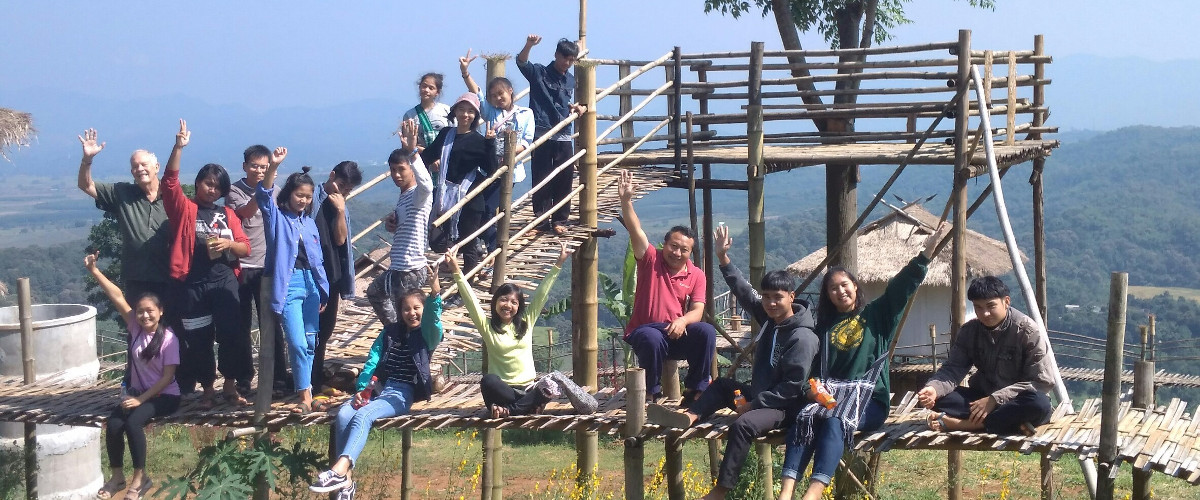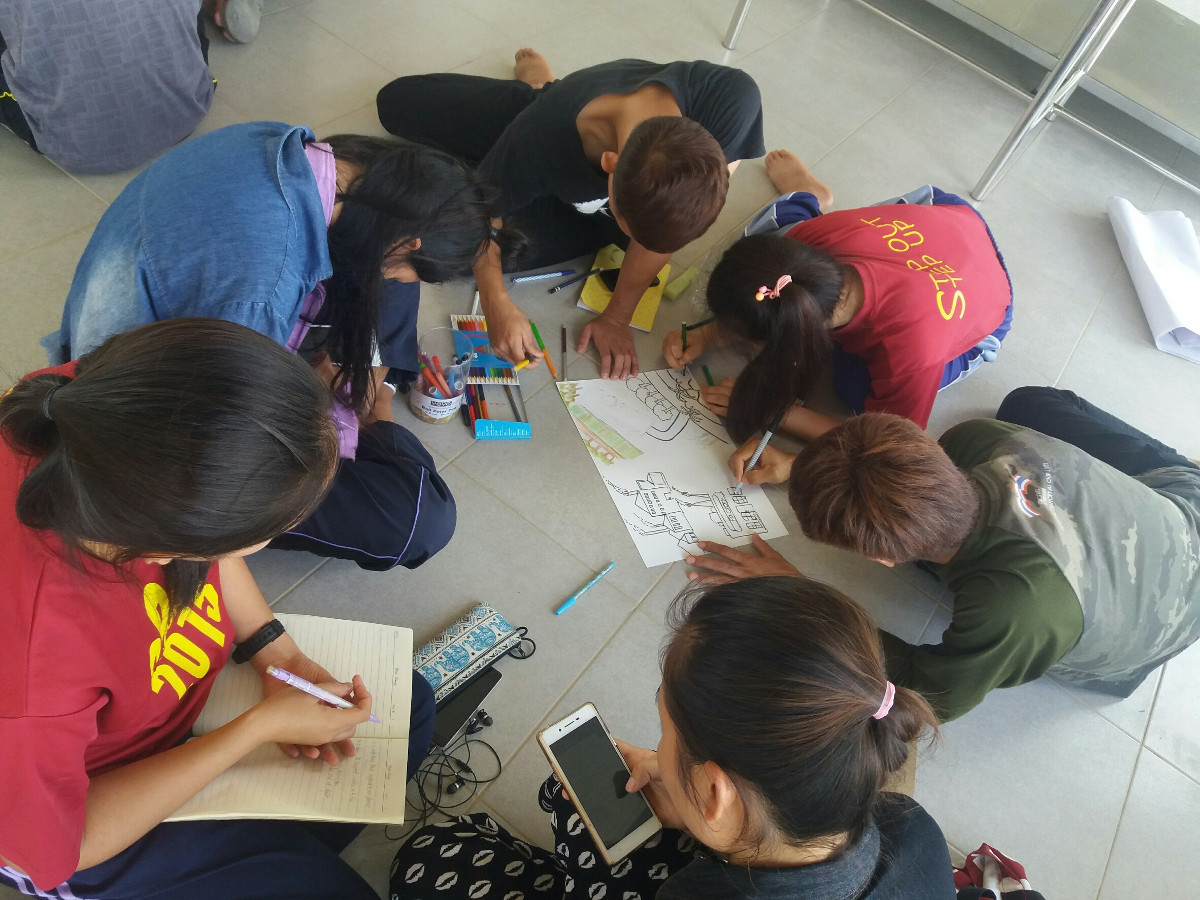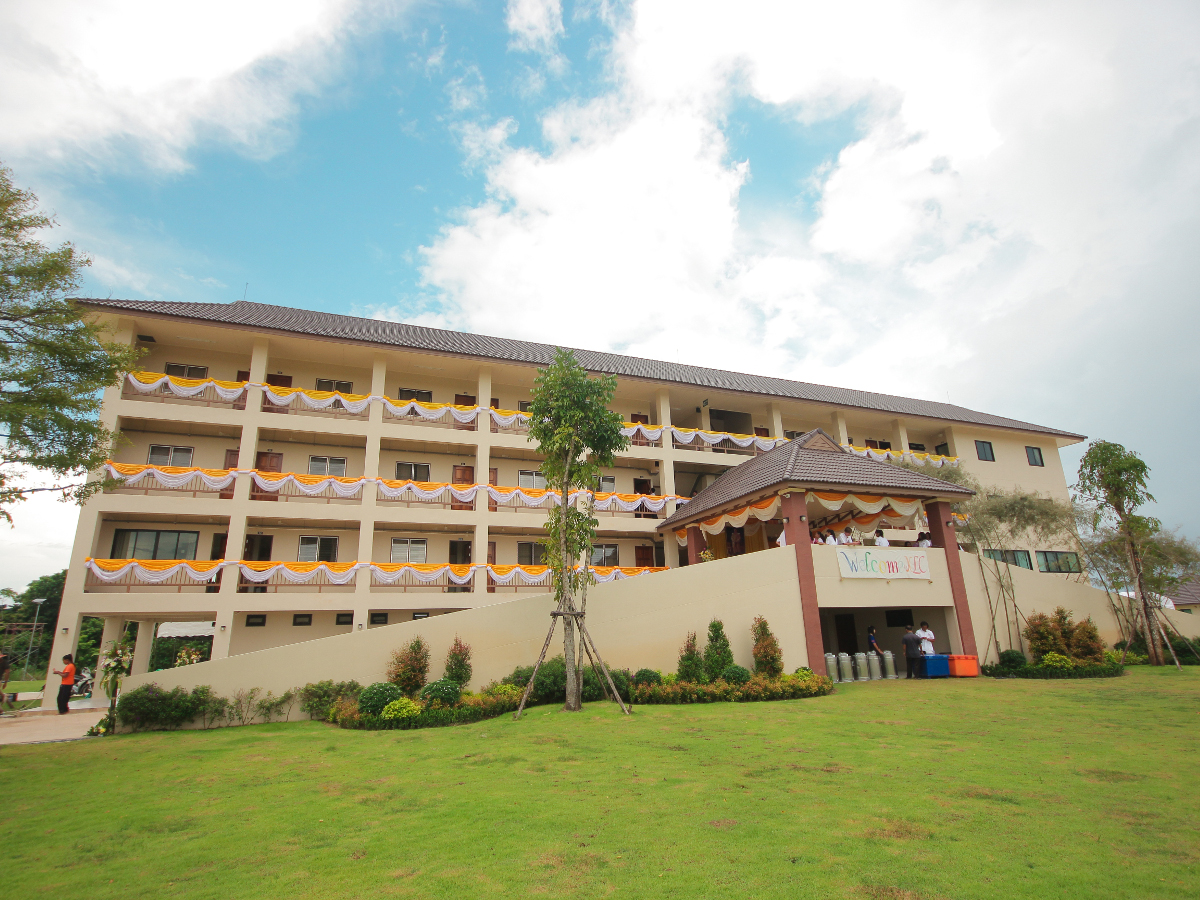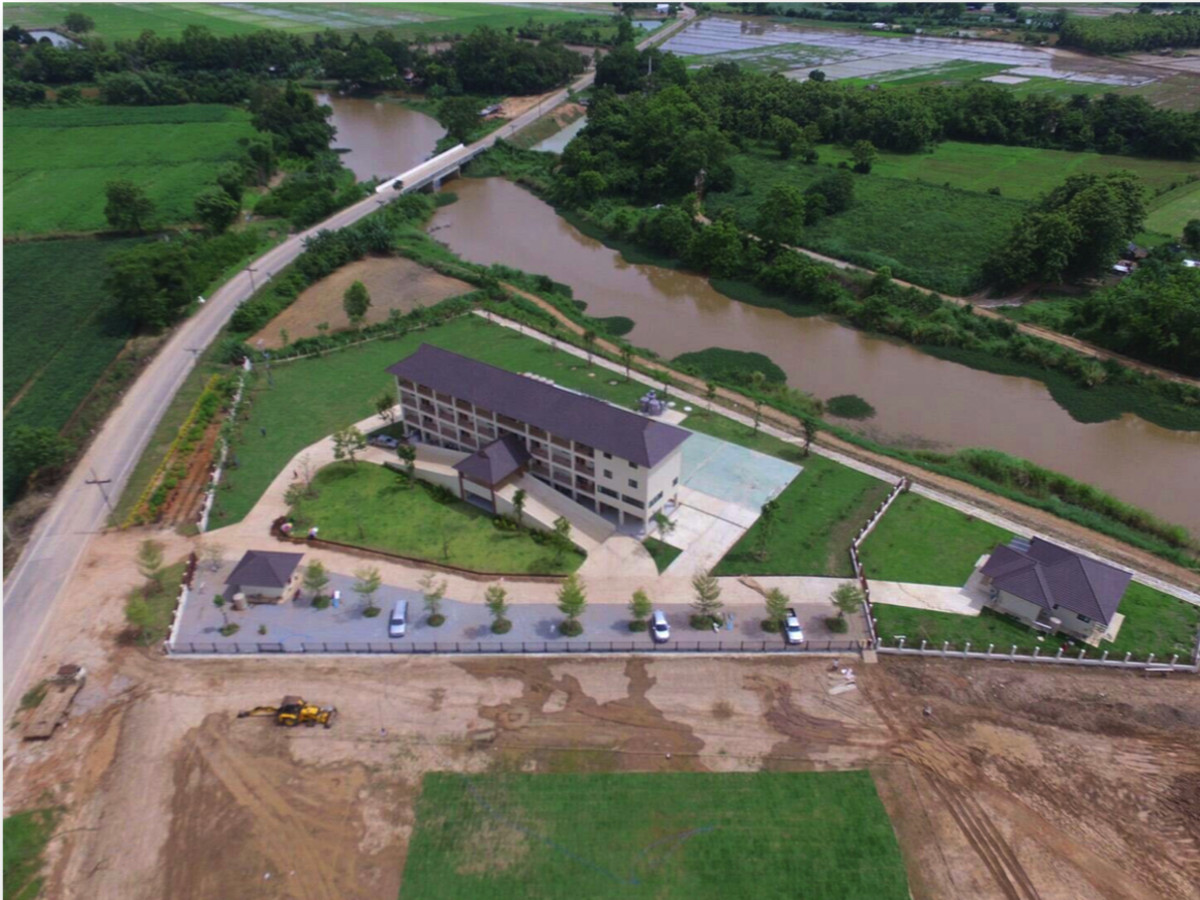 As 2018 began, a new Jesuit school in a rural part of northern Thailand approached the end of its first semester. Xavier Learning Community (XLC) had marked its official beginning on August 19, 2017 simply with a mass and dinner.
As 2018 began, a new Jesuit school in a rural part of northern Thailand approached the end of its first semester. Xavier Learning Community (XLC) had marked its official beginning on August 19, 2017 simply with a mass and dinner.
As the students, aged 19 to 24, prepared for their first semester examinations at the Sukhothai Thammathirat Open University, the directors of XLC met to explore the roadmap of the steps that must be followed to become Xavier College. Yet even Xavier College is itself envisioned as only the first step toward fulfilling the dream of the Jesuits in Thailand for Xavier University, a Catholic and Jesuit educational institution serving students from all over Thailand, especially the ethnic minorities in the north.
 |
 |
This vision evolved from the long-standing Jesuit commitment to education in Thailand. Since the 1970s, Jesuits have taught in Thai universities, served as student chaplains, and offered courses on leadership training and spiritual formation to secondary and university students. The idea of opening an educational institution can be traced to a meeting of Jesuits in Thailand held in Hua Hin in 2008 where it became clear that the younger Jesuits wanted to go beyond student chaplaincy. They felt that there was a need for quality education for the poor and disadvantaged youth of the country. Among the most needy, it was felt, were the young people from the ethnic minorities, the so-called hill tribes in the mountainous districts of northern Thailand, who are often at a linguistic and cultural disadvantage in the national school system.
By 2010, there was a growing consensus that it would be good to have a common apostolic project that the Jesuits in Thailand could work on together. The Chiang Rai region is one of the most underdeveloped regions in the country. There are only two major universities, and both are not only quite selective but also have tuition fees that most ethnic minority families cannot afford.
The Jesuits hoped that by opening an educational project in the Chiang Rai region, other religious orders of men and women would establish their own educational projects. They hoped too that their educational efforts would fit into and enrich the pastoral activities of the local Church.
Their interest in starting their own educational project reached the ears of Jesuit leadership in Rome. In 2011, the then Superior General of the Society of Jesus, Fr Adolfo Nicolás, instructed the Jesuit superior of Thailand to explore the possibility of opening a Jesuit educational institution of higher learning. The question was raised whether the Thailand Region of the Society of Jesus had adequate human and financial resources to establish and maintain an institute of higher education. To this end, the Jesuits in Thailand made a five-year strategic plan in 2012, noting which apostolates were to be prioritised, what new ventures might be initiated, and which apostolic activities would need to be curtailed. The strategic plan that was sent to Fr General showed that the Thailand Region was capable of maintaining its current apostolic works in Bangkok and Chiang Mai and able as well to undertake the new educational apostolate in Chiang Rai.
The Thailand Region purchased 8.3 hectares of land in Chiang Saen, north of Chiang Rai near the “Golden Triangle”, where the borders of Thailand, Myanmar and Laos intersect. It is an area that is home to many indigenous communities in Thailand with their rich traditions and cultures, and where there are limited basic services, low levels of education and limited higher education opportunities.
 |
 |
In July 2016, the Thai government officially granted the Society of Jesus permission to establish the Jesuit Foundation for Education, with the right to open a college. Finally, in December 2016, the new Superior General, Fr Arturo Sosa, gave definitive permission to open Xavier Learning Community.
As the roadmap for implementing the Jesuit vision for education for the northern Thailand communities is studied and followed, XLC carries on its work of education and formation.
Of the first batch of 44 students admitted in August 2017, the vast majority come from the ethnic minorities, mainly Karen, Akha and Lahu, with some Lanna or Northern Thai as well. The second batch enrolled for 2018 is even more diverse.
According to Fr Sugiyo Pitoyo SJ, Superior of the Thailand Region, XLC will take in 35 to 40 new students each year until it reaches 140 to 160 students in 2020. In their fourth year of studies, the students will be able to choose one of three tracks – English for Eco-tourism and Hospitality Management, English for Sustainable Business Management and English for Teaching. These three tracks will be the majors offered by the future Xavier College.
“The Xavier Learning Community is like a small seed sown by the Jesuits that has grown with the support and help of many people,” said Fr Pitoyo. “We hope that we will continue to receive the support and prayers of everyone.”
Fr Thomas Michel SJ
Related story: Sowing the seeds of education to serve ethnic minorities in Thailand

